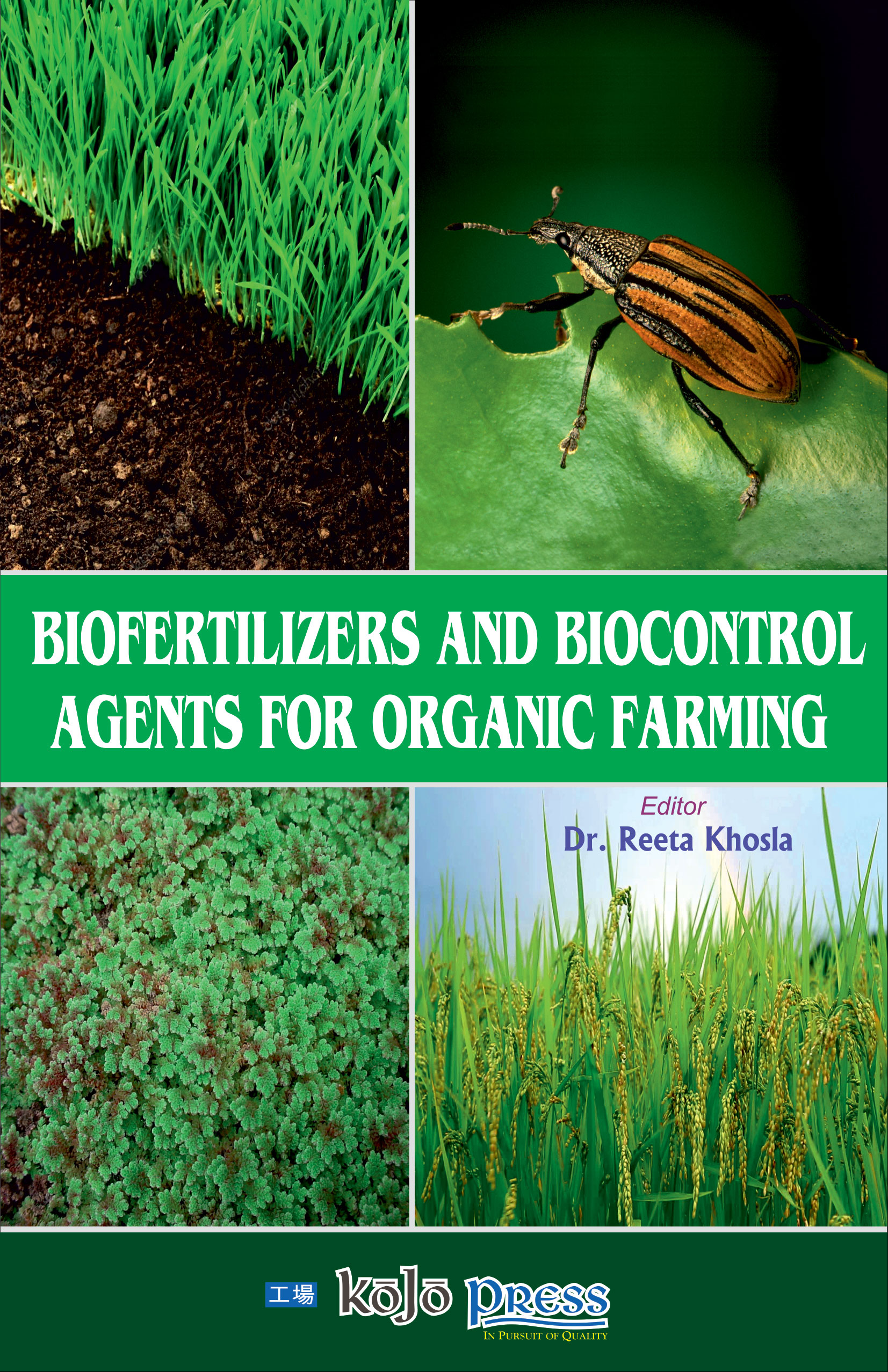Optimize Organic Farming with Top Biofertilizers

Imagine cultivating a garden that doesn't just grow plants but nurtures an entire ecosystem. In the world of organic farming, achieving this harmony is essential for sustainable crop productivity. As we all strive to enhance agricultural sustainability, biofertilizers have emerged as powerful plant growth promoters, revolutionizing how we approach soil fertility. But what exactly are these innovative tools, and how can they transform your organic farming practices?
The Power of Biofertilizers for Organic Farming
Biofertilizers are organic soil amendments that harness the power of nature to enhance plant growth. Unlike synthetic fertilizers, which often come with hidden environmental costs, biofertilizers are a bio-organic option that benefits both the soil and the plants. There are various types, each with unique benefits that can be tailored to specific farming needs. Let's dive into the top biofertilizers and understand how they can optimize your organic farming practices.
Microorganism Miracle Workers
Microorganisms are the unsung heroes of organic farming. They include bacteria, fungi, and algae that convert organic matter into nutrients plants can use. Bacteria like Rhizobium are renowned for their nitrogen-fixing capabilities, which are crucial for soil fertility. Algae and fungi, on the other hand, can help plants absorb more water and nutrients, leading to healthier, more robust growth. These microorganisms work tirelessly to break down organic matter, essentially composting on a microscopic scale. If you think of your garden as a miniature ecosystem, these tiny organisms are the invisible gardeners, always at work.
The Benefits of Compost Tea
Compost tea is a liquid extract of compost infused with beneficial microorganisms and nutrients, making it an excellent biofertilizer for organic farming. This elixir improves soil structure and suppress plant diseases, all while promoting lush, green growth. Think of compost tea as the elixir of life for your plants—it's packed full of all the essential nutrients your soil needs to thrive. Regular applications can lead to significant improvements in plant health and yield.
Manure and Vermicompost
When we talk about organic soil amendments, manure and vermicompost top the list. Both are natural alternatives to synthetic fertilizers, providing essential nutrients and improving soil fertility. Vermicompost, for instance, is produced by worms breaking down organic matter, resulting in a nutrient-rich, fast-acting fertilizer. It’s like giving your soil a supercharged boost of nutrition. Similarly, well-composted manure enriches the soil with organic matter and helps retain moisture, essential for sustaining plant life.
How to Choose the Right Biofertilizers for Your Organic Farming Needs
Selecting the right biofertilizers depends on your specific goals and soil conditions. Need to boost nitrogen levels? Rhizobium might be your best bet. Looking to improve soil structure and water retention? Compost tea could be the answer. By understanding the unique properties of each biofertilizer, you can tailor your approach to meet the precise needs of your crops and soil. Scientific studies have shown that the diversity of microbial communities in biofertilizers significantly enhances agricultural sustainability. For instance [[link to studies]](https://en.wikipedia.org/wiki/Biofertilizer) and refers to a comprehensive overview.
How to Incorporate Biofertilizers into Your Farming Routine?
Soil Testing and Planning
The first step in optimizing your organic farming with biofertilizers is to understand your soil's current state. Soil testing can reveal deficiencies and help you choose the right biofertilizers. Think of it as getting a health check-up for your soil—you need to know what’s lacking before you can prescribe the right solution. Once you have the results, you can create a tailored plan that addresses your soil's specific needs.
Applying Biofertilizers
Consistency is key when applying biofertilizers. Whether you're using compost tea, vermicompost, or other organic soil amendments, regular applications will yield the best results. Remember, biofertilizers work gradually, so patience is essential. Giving your soil a consistent diet of nutrients will pay off in the long run, leading to healthier plants and higher yields. It's like feeding your plants a balanced diet—they'll grow stronger and more resilient over time.
Maximize Soil Fertility with Biofertilizers
Remember,sustainability is at the core of organic farming. Biofertilizers are not just about improving crop yields; they're about fostering a healthier, more resilient ecosystem. By integrating these plant growth promoters into your farming routine, you're investing in the long-term health of your soil and, ultimately, your crops. Whether you're a seasoned organic farmer or just starting out, biofertilizers can help you achieve your goals while minimizing environmental impact.
Embrace the Future of Organic Farming
As we look toward a more sustainable future, biofertilizers offer a promising solution for optimizing organic farming. By harnessing the power of nature, we can improve soil fertility, enhance plant growth, and promote agricultural sustainability. So, why not give biofertilizers a try? Your soil—and your crops—will thank you for it. Take the first step towards greener farming by exploring the world of biofertilizers today.
Click here to learn more, get started today!
0 Response to " Optimize Organic Farming with Top Biofertilizers"
Post a Comment